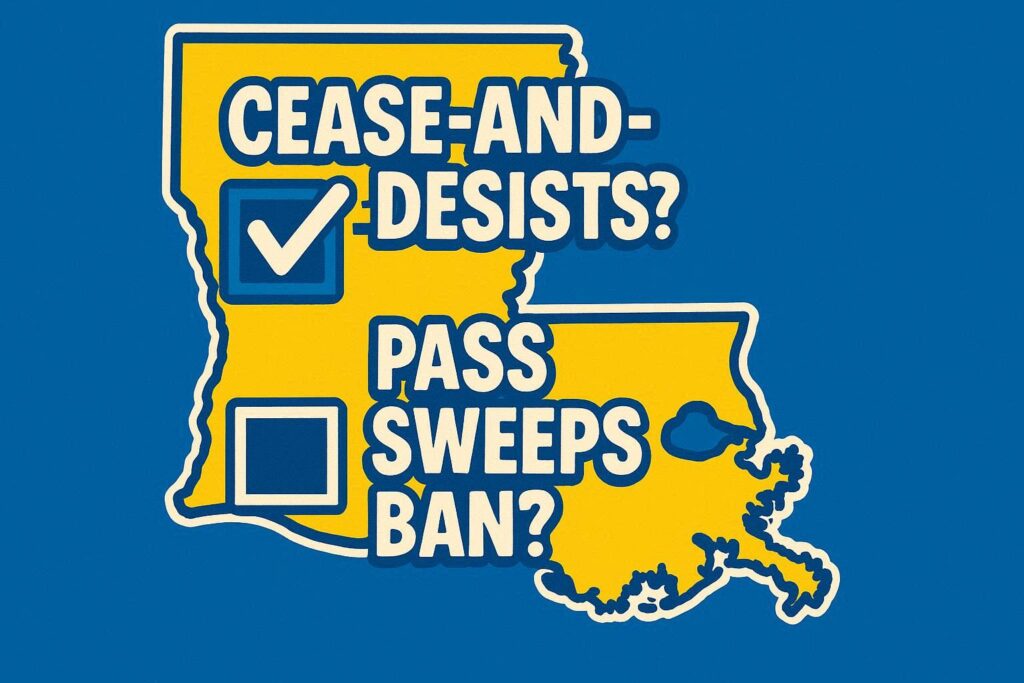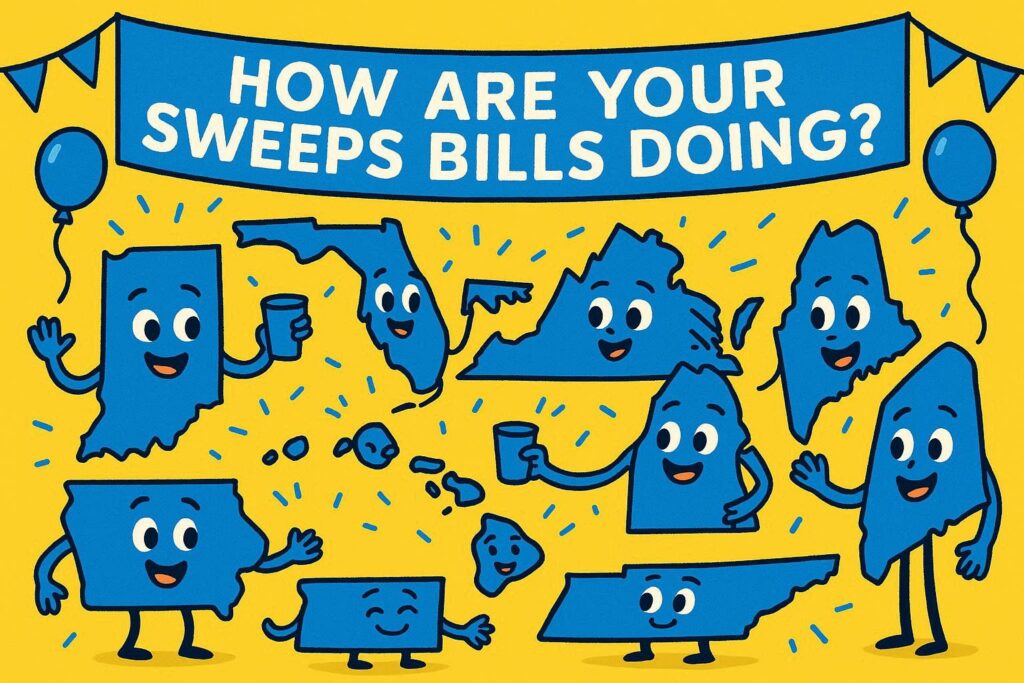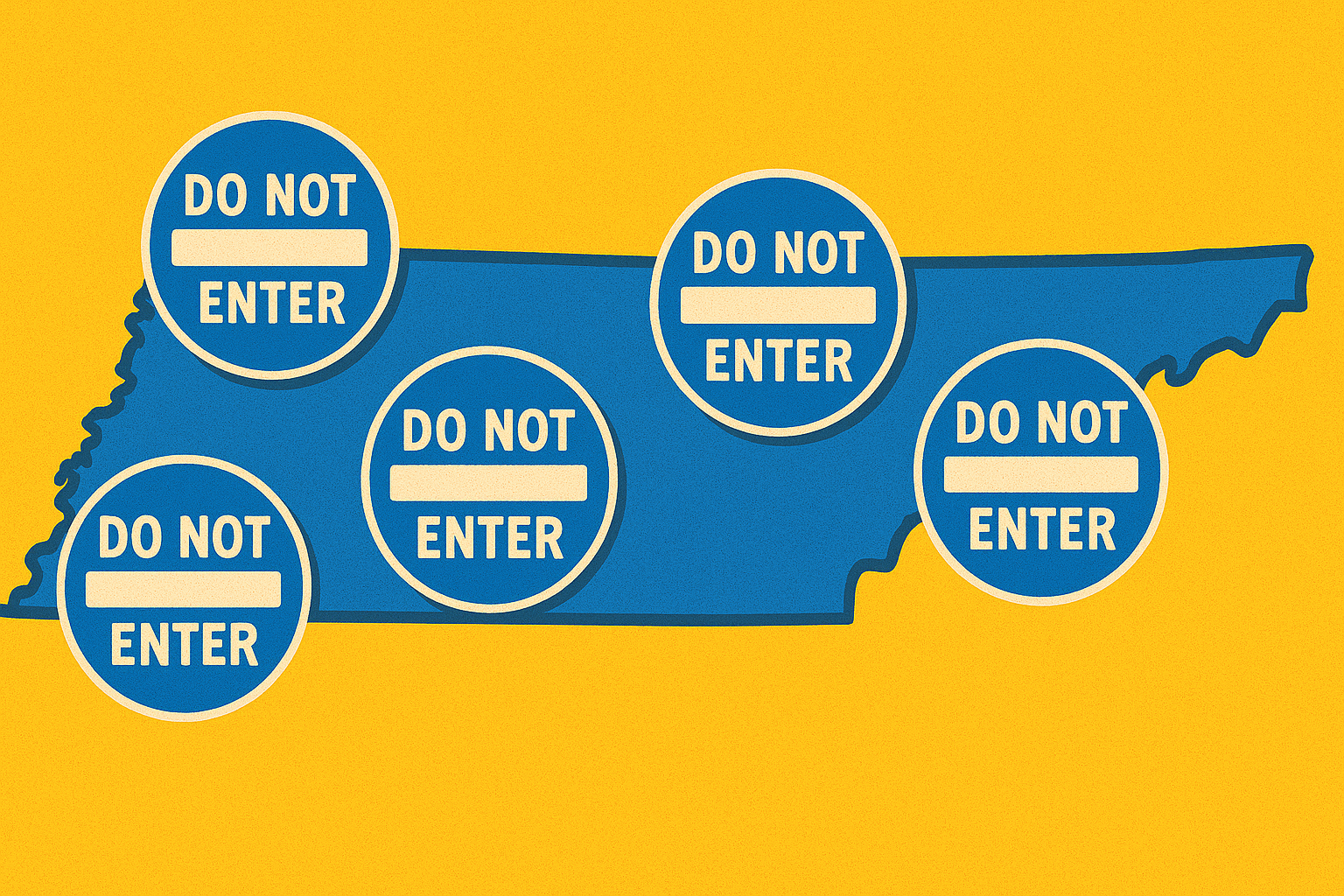A bill that would ban sweepstakes casinos in Massachusetts will see no further action in 2025, as the state’s legislative session ended last Wednesday. However, Massachusetts runs on a two-year legislative cycle, so House Bill 4431 can and potentially will pick back up where it left off when the legislature resumes action on Jan. 7, 2026.
And where did it leave off?
After roughly 2 ½ months of inactivity following its introduction in August, HB4431 received a hearing before the Joint Economic Development and Emerging Technologies Committee last week. No decision was made from the committee, whose chair, Rep. Carole A. Fiola, made it clear the hearing marked the start of a dialogue surrounding the bill.
“I know as you alluded to in the very beginning of your presentation, this is the beginning of a conversation that the committee is going to engage in,” Fiola told Rep. David K. Muradian, the bill author. “So by having a brief testimony [today] doesn’t mean this conversation is over, certainly.”
The discussion? What we’ve come to expect in iGaming debates
That conversation that began last Wednesday focused mostly on consumer protections, revenue, and responsible gaming concerns regarding the legalization of real-money iGaming in Massachusetts — which is the main focus of the bill.
“Consumers in the Commonwealth have, in the past, operated in illegal markets, have done so today, and will continue to do so in the future,” Muradian said. “But there’s a distinction to it, and that’s that nothing is on a Massachusetts regulated platform. There are no consumer protections, no responsible gaming standard.
“[This bill is about] making sure it’s a regulated marketplace for everyone so it’s as safe a product as it can possibly be.”
Muradian and his fellow testifiers — including John Pappas, a senior advisor at GeoComply who was representing the iDevelopment and Economic Association (iDEA), and Rebecca London, senior government affairs manager at DraftKings — did refer plenty of times to the unregulated or illegal markets. However, those remarks appeared to focus on offshore betting sites, such as Bovada and BetUS.
Muradian called them “black, unregulated markets.”
Pappas called them “illegal online platforms” and “illegal online casinos” and “offshore illegal online gaming sites.”
“These illegal casinos are aggressively advertising to consumers, spending millions of dollars,” Pappas said. “And the consumers don’t even recognize that they’re engaging with an illegal, unregulated platform.
“The unregulated environment creates no protections for consumers. The unregulated environment creates no pathways for those people to get the help that they need. The unregulated environment creates a shame and a stigma where people feel embarrassed by what they’re doing without any ability to get the help.”
Opposing testimony revolved around many of the same talking points used to oppose the legalization of iGaming in other states — with a focus on retail casino cannibalization and responsible gambling concerns.
Eileen McAnneny, the executive director of government relations for Encore Boston Harbor, who testified in opposition to HB4431 on Wednesday, wrote in a letter of testimony to the committee that, if passed, the bill would lead to the loss of 1,800 jobs.
“Internet casino gambling is a bad bet for Massachusetts,” she wrote.
Potentially $30M with a regulated sweeps market
Sean Ostrow, the newly minted managing director of the Social Gaming Leadership Alliance, also testified Wednesday in what was the only real direct reference to sweepstakes gaming during the hearing.
Ostrow asked for regulation of sweepstakes casinos and highlighted a framework he said the SGLA is proposing for Massachusetts.
That framework includes:
- A mandatory 21-and-over minimum age requirement for Massachusetts sweeps casinos.
- A purpose-built digital sales tax of 6.25% of revenue, which the SGLA estimates would generate $25.6 million in annual revenue for Massachusetts.
- An overall influx of more than $30 million of annual revenue, when you add registration fees into the mix.
“The SGLA stands behind strong regulation and consumer protection, responsible social gameplay for adults only, fair taxation, and enabling economic development here in the Commonwealth,” Ostrow said. “We look forward to working with members of this committee to achieve these mutually beneficial outcomes.”
Ostrow estimated roughly 300,000-400,000 Massachusetts adults are currently playing games at sweepstakes casinos, or social plus platforms, the label he and the SGLA are trying to use in a rebrand for sites in the sweepstakes gaming industry.
The 15% tax on real-money iGaming proposed in HB4431, London estimated, would bring in about $170-200 million in tax revenue.
Using Ohio as a recent example
Massachusetts HB4431 is very similar to Ohio’s House Bill 298, which also would legalize real-money iGaming in addition to banning sweeps casinos.
HB298 is expected to fail in 2025 largely due to a strong opposition to gambling expansion in Ohio — spearheaded by Gov. Mike DeWine.
This type of opposition is not isolated to Ohio (as seen in the Massachusetts hearing) and is currently winning the war over gambling expansion, as the opposition coalition has prevented a widespread iGaming launch since Connecticut in 2021. (Rhode Island in 2024 doesn’t count because that was just with one platform in Bally Bet.)
So, as of late 2025, if we’re using Ohio as the most recent example, it doesn’t appear likely HB4431 will ultimately be passed in Massachusetts. But there’s still tons of time for this bill, which won’t reach its final deadline until the end of the 2026 legislative session.









